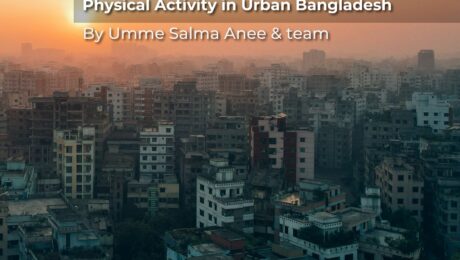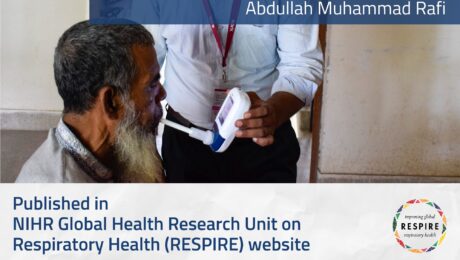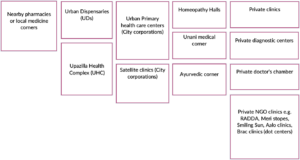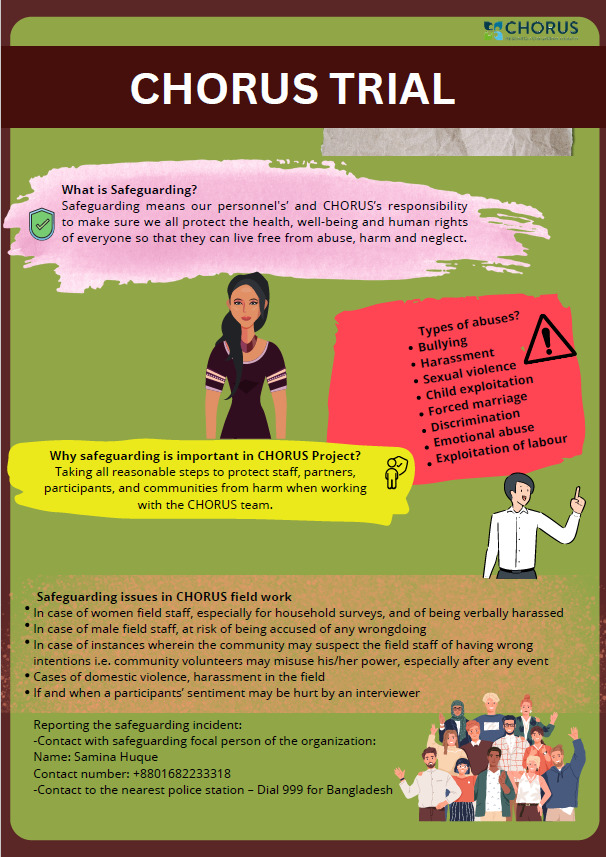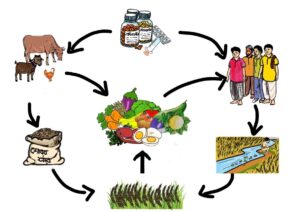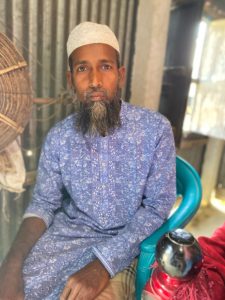By Umme Salma Anee, CHORUS Research Assistant, ARK Foundation To implement a CHORUS Innovation Fund project in Bangladesh, the team at ARK Foundation has been working with a diverse range of stakeholders, including policy makers, community leaders, teachers, Imams, youth groups, adolescents, guardians, pregnant women, elderly women, and people with physical challenges, to address barriers
- Published in Blog, Featured, News and Media
No Comments
Fahmida Farzana PDF Version Tobacco kills more than 8 million people each year. To make up these “lost consumers”, the industry goes after the youth as their next target. Today’s young people are the next generation of “lifelong customers”, and most tobacco users start smoking before they become adults. Over time, tobacco companies’ tactics to
- Published in Blog, Featured, News and Media
Mr. Mahmud (pseudonym), 59, the Tuberculosis & Leprosy Controller Assistant (TLCA) at one of the TB centers on the outskirts – a 70-kilometer drive from the capital Dhaka – reflecting on his journey in combating TB, asserted that if people stopped using tobacco products, the number of TB cases in his area could have been
- Published in Blog, Featured, News and Media
By Abdullah Muhammad Rafi On December of 2022, the Government of Bangladesh declared its next major initiative – the Smart Bangladesh Initiative – with a view to building a Smart Nation by 2041. Government’s Aspire to Innovate (a2i) program defines a ‘smart nation’ as “harnessing emerging technologies, networks, and data to create tech-enabled solutions
By Umme Salma Anee, Masroor Salauddin, Sadika Afrin, Faiaz Chowdhury, Nabila Binth Jahan, Deepa Barua, Rumana Huque, Helen Elsey Urban regions in Bangladesh are now more densely populated as a result of migration and industrialization. With a population rise of 3.26% from 2022 to 2023, Dhaka, the country’s largest metropolis that is growing day by
- Published in Blog
A transgender named Sumaiya (pseudonym) became sick while collecting money for a long time under the scorching heat of summer. She went to buy medicine from a road side drug store. While buying medicine, she heard many witticisms saying, ‘You also get sick!’ the drug sellers generally compel the transgenders to leave quickly as the
- Published in Blog, News and Media
Safeguarding policies and practices in the global health research sector are inspired and influenced by different sources and entities. In most countries, organizations form their safeguarding policies as per the law of the respective country and relevant laws of the host/donor countries they work with. While safeguarding policies are not the same in all research organizations
- Published in Blog, News and Media
Have you ever wondered what would happen if no medicine were effective to treat illnesses, caused by bacteria, fungi, viruses, and parasites? I am sure you have never thought about it. But it could happen because of a process known as “Antimicrobial Resistance or AMR”. We will discuss about AMR later. First, let us familiarize
- Published in Blog, News and Media
Abdur Rahim (pseudonym, aged 65+) lazily passes his days at his shabby little home in Duwaripara slum. Being a retired day-laborer, he is now financially dependent on his wife’s and daughter’s income, both of whom work as part-time maids for several families in Pallabi, Dhaka. Rahim, sitting at a tea-stall with a bunch of his
- Published in Blog, News and Media
Improved quality and access to healthcare services are essential for a country’s development. Private sectors like NGOs, for-profit and non-profit organizations have significantly contributed to health by financing and managing healthcare services in different ways. Private sector, similar to other countries, brings technology, innovation, financing, and most importantly, additional health workforce – areas that public
- Published in Blog, News and Media
- 1
- 2

